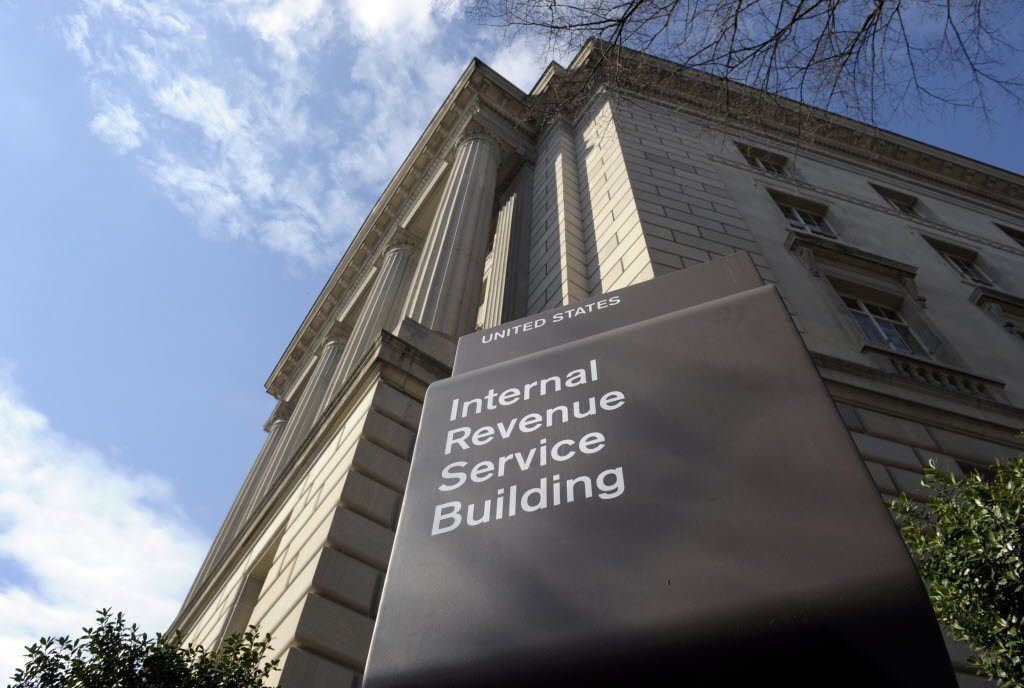There are many excuses that people come up with when it comes to planning for death. Some people say that they have been too busy to plan. Other simply don’t want to think about a future that does not involve them. Surprisingly, there are others who think that that they will never die. These are very lame excuses for any person who has not created a plan for the future. You should keep in mind the fact that making plans for the future, the future when you won’t be around, will really help to get your loved ones through the difficult time. It is something that will also help them have good memories of you and celebrate your life. You should not allow them to fight each other when you are gone because of the things that you left behind. Here are simple tips for estate planning, wills and trusts;
1. Create a written will
When you die without a written will, you are basically giving strangers the power to decide how your estate will be divided. You are also giving them the power to decide how your children will be raised. When a will is not available, your spouse and the children will inherit the estate. If you do not have a spouse and children, your estate will go to your relatives. If you don’t have a family, you property will go to the state. In most cases, the people who inherit your estate have a difficult time deciding who takes what and why. “To prevent conflict, you should have a will that outlines how your estate will be divided,” stated Daniel from Stone & Sallus Law. It very easy to create a will. When you have a will, update it periodically to ensure that it reflects the current situation.
2. Set up trusts
Your property will directly go to your heir upon your death if you have a living trust. You should name yourself as trustee to retain control of your property when you are alive. This can the best way to keep your affairs and the affairs of your family private. It is also one of the best way to avoid probate.
3. Consider taking up life insurance
You can avoid life insurance if you believe that you have enough money to cater for the needs of your spouse and children when you are no longer around. However, if you think that your money is not enough for their needs when you are no longer around, you should get life insurance.…


